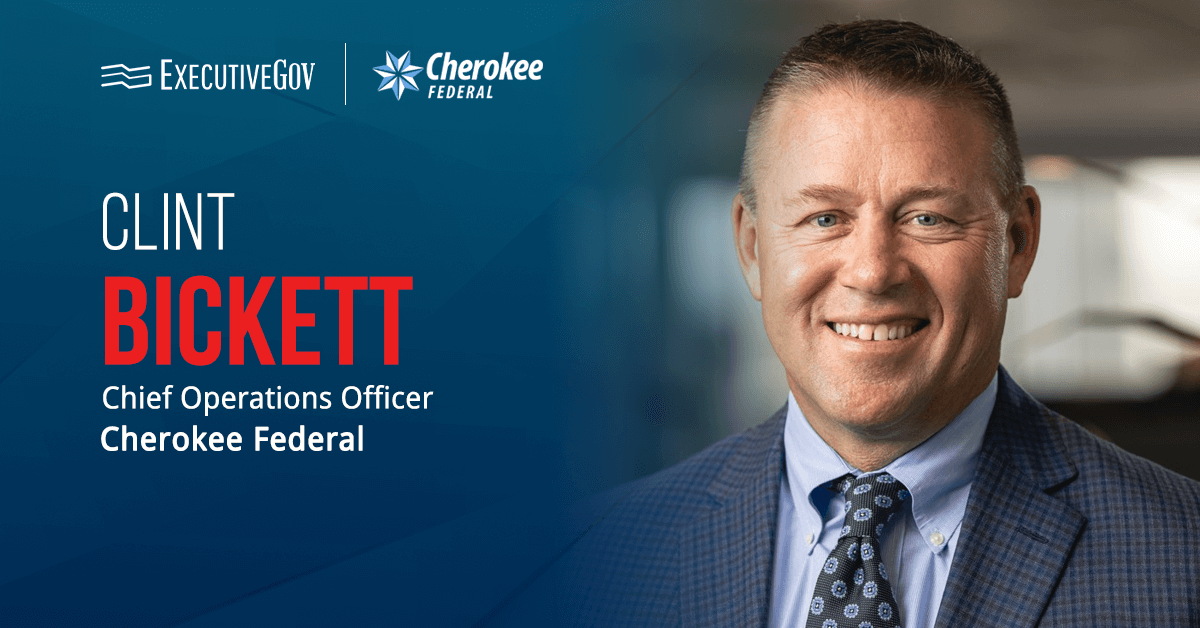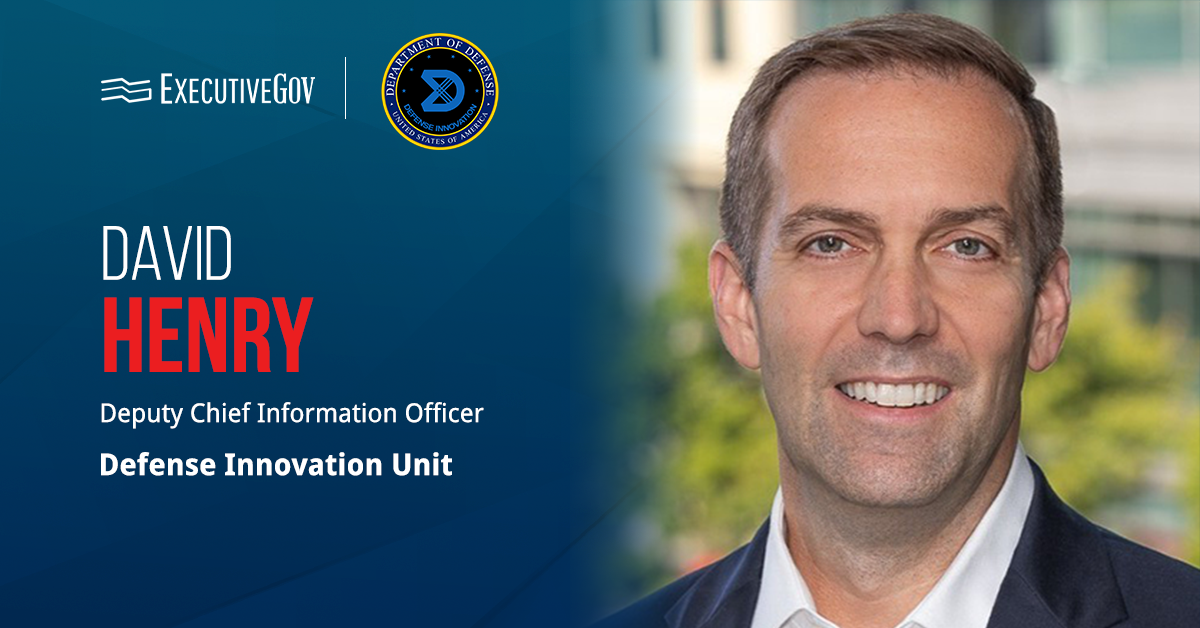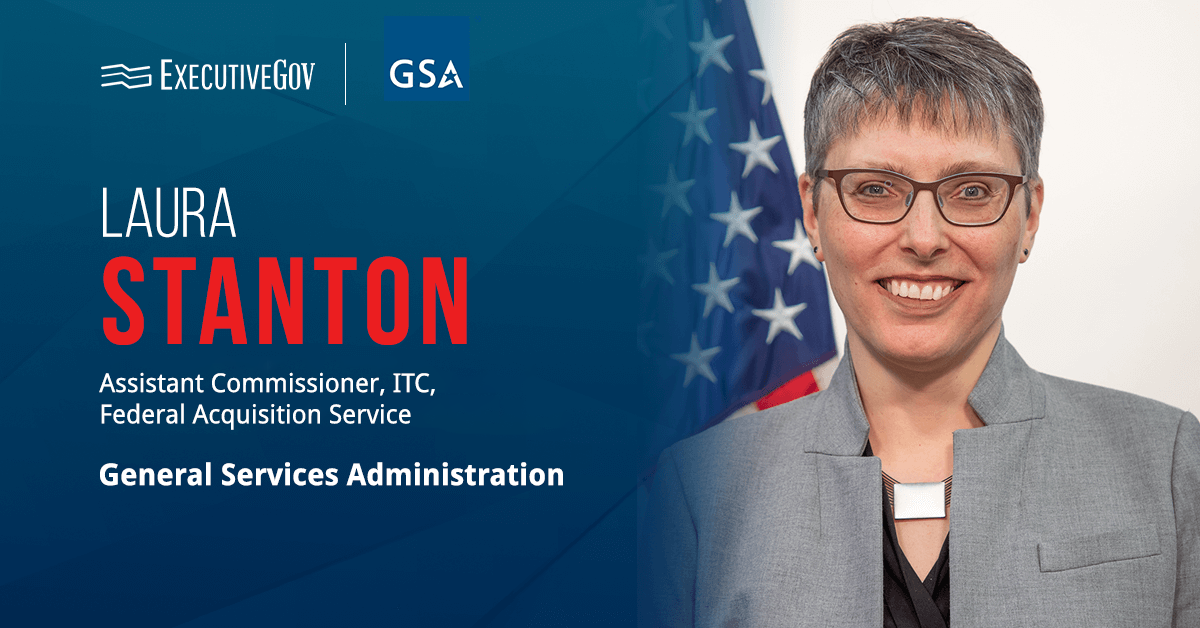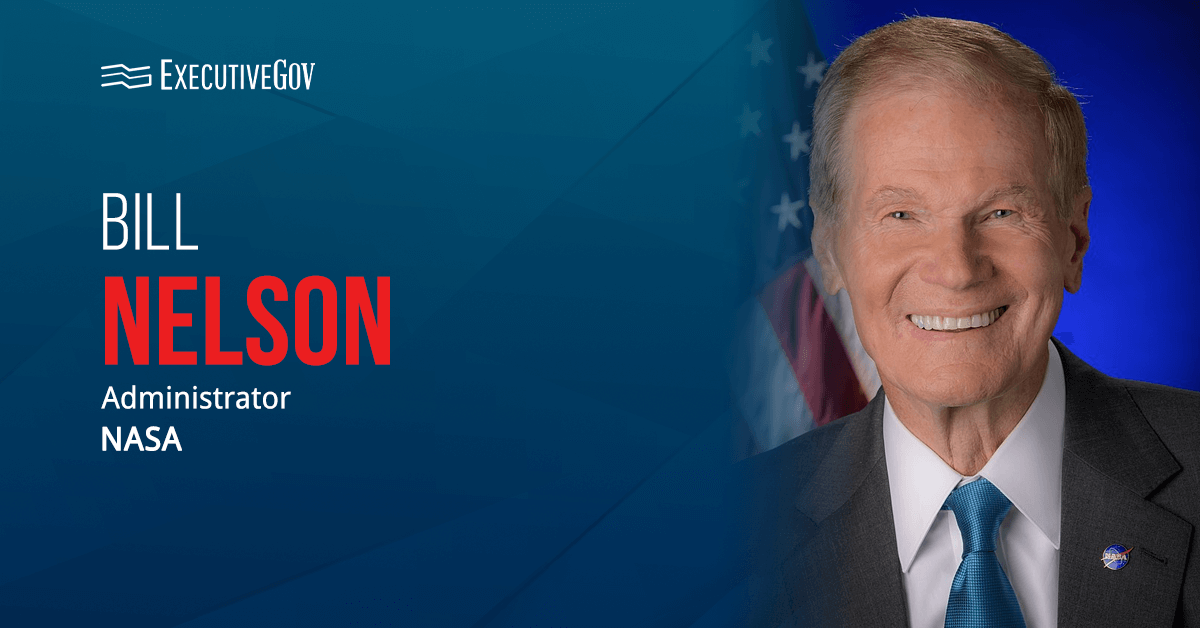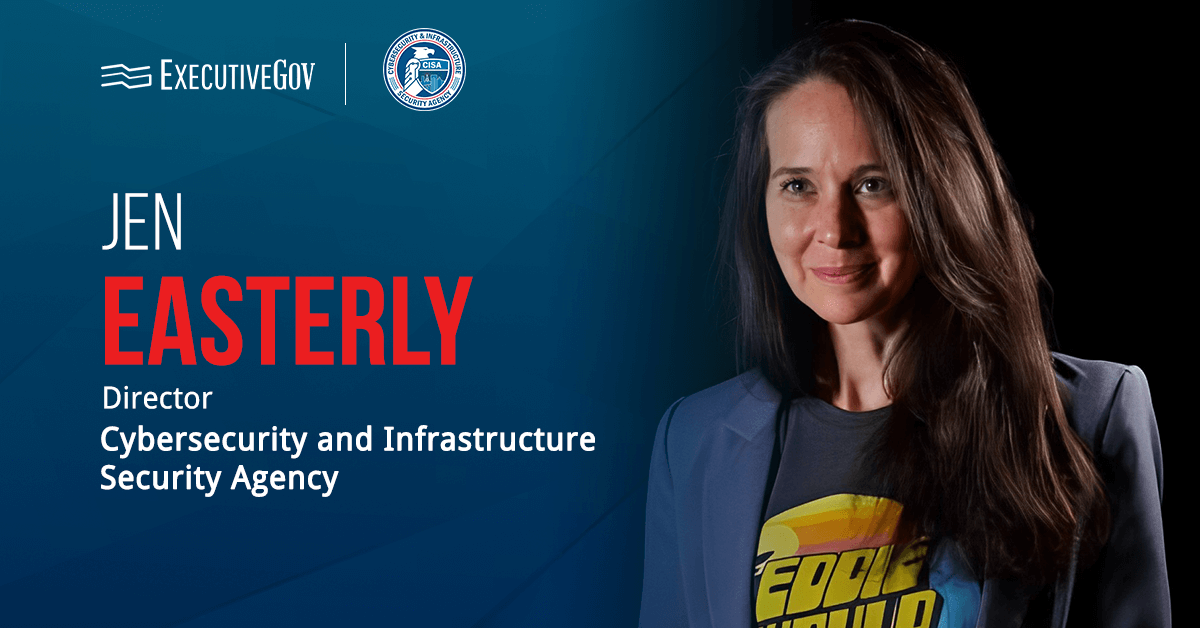The General Services Administration has awarded contracts to several Cherokee Federal companies for the One Acquisition Solution for Integrated Services Plus, or OASIS+, contracting program.
Cherokee Nation Management & Consulting received an unrestricted OASIS+ contract, while various other Cherokee Federal companies received notices to proceed on the OASIS+ small business contract, the federal contracting division of Cherokee Nation Businesses, announced Wednesday.
The OASIS+ contracting vehicle is a host of multi-award contracts that support federal agencies’ acquisition requirements for professional services. With an unlimited ceiling value, OASIS+ contracts are available for use by all federal agencies.
Clint Bickett, chief operations officer at Cherokee Federal, said, “Through the versatile OASIS+ contracting mechanism, government agencies gain immediate access to our comprehensive and adaptable professional services solutions.”
“Building on a rich history of success under legacy OASIS contracts, our dynamic team of LLCs are well-positioned through this best-in-class vehicle to continue serving the mission of our customers,” Bickett noted.
Cherokee Federal’s Companies Under OASIS+
Cherokee Federal’s companies on the OASIS+ small business contract include:
- Cherokee Nation Defense Solutions
- Cherokee Nation Government Solutions
- Cherokee Nation Operational Solutions
- Cherokee Strategic Solutions
- Preting
After receiving notices to proceed, the companies will deliver services to federal clients through domains such as management and advisory; technical and engineering; intelligence; research and development; logistics; facilities and environmental service.
Cherokee Nation Strategic Programs is currently under evaluation after being named the top awardee in the initial OASIS 8(a) pool. Various Cherokee Federal companies are also under evaluation for the OASIS+ 8(a) and OASIS+ HUBZone pools.


